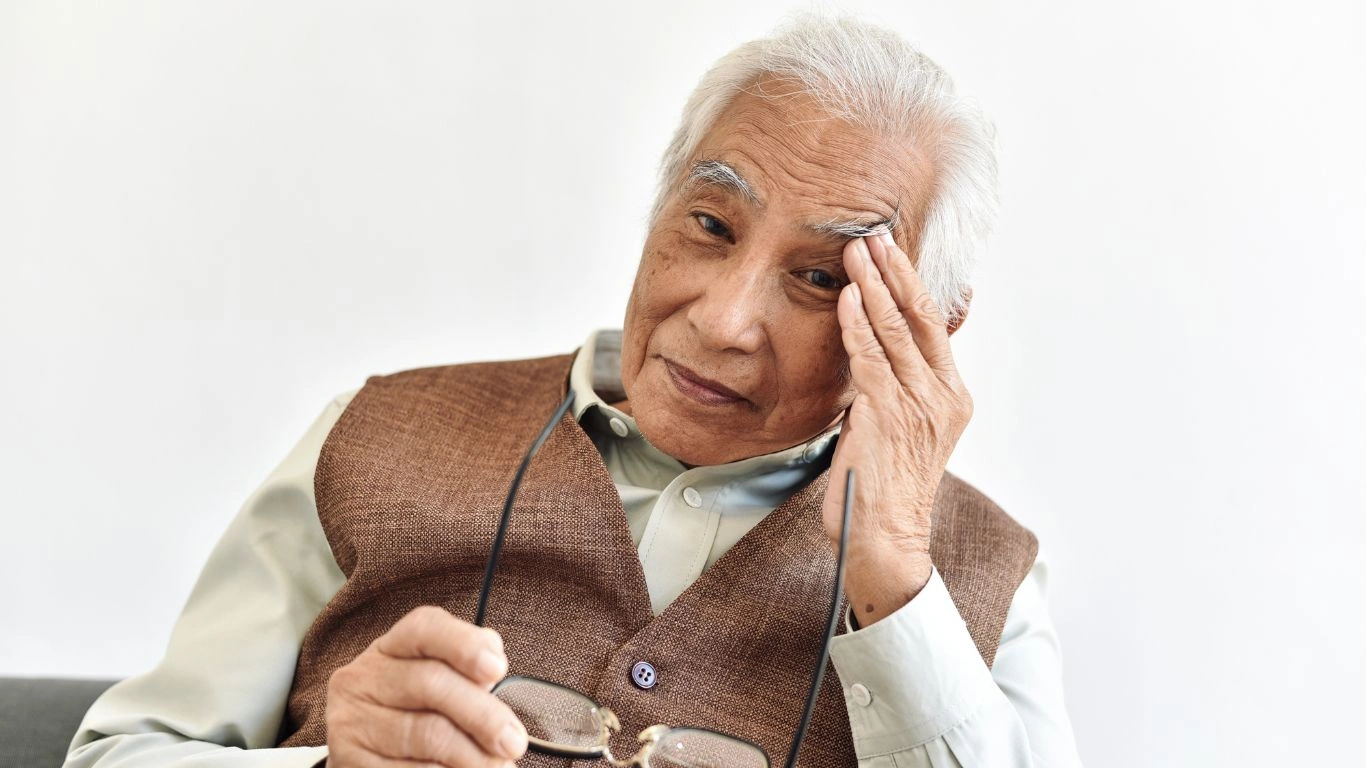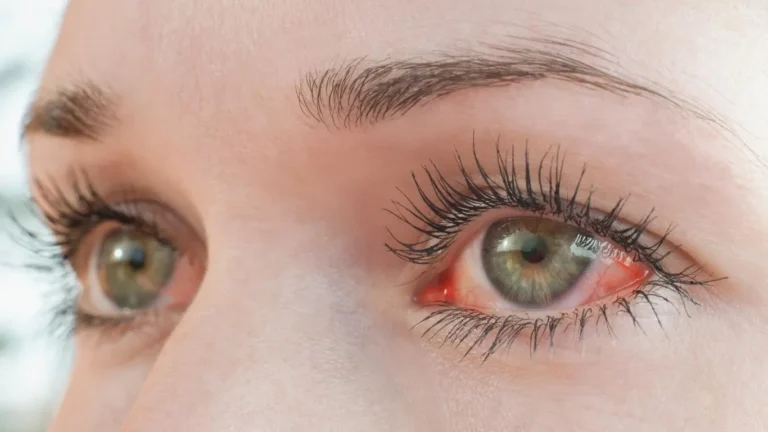How to Avoid Morning Hypertension: A Complete Guide
Waking up with high blood pressure can be alarming, but don’t worry—there are ways to manage and even avoid morning hypertension. In this article, we’ll explore what causes this condition, how you can prevent it, and what lifestyle changes can make a big difference.
If you’ve ever experienced a sudden rise in blood pressure when you wake up, you’re not alone. Morning hypertension, or high blood pressure in the early hours of the day, is a common concern. It can make you feel dizzy, fatigued, or just plain off. But here’s the good news: there are steps you can take to avoid it, starting with your morning habits and lifestyle choices.

What Is Morning Hypertension?
Morning hypertension refers to a spike in blood pressure that occurs shortly after waking up. This can happen for a variety of reasons, including hormonal changes, dehydration, or poor sleep. For many people, blood pressure is naturally lower during sleep and rises upon waking. But for some, this morning surge is more significant and can lead to health risks if left unmanaged.
Why does this matter? High blood pressure puts extra strain on your heart and arteries, which can lead to serious conditions like heart disease, stroke, and kidney problems. So, it’s important to understand why morning hypertension happens and what you can do about it.

What Causes Morning Hypertension?
Several factors contribute to a morning blood pressure spike:
1. Hormonal Fluctuations
In the early morning hours, your body releases stress hormones like cortisol, which naturally cause your blood pressure to rise. This is known as the “morning surge” and is a part of your body’s circadian rhythm.
2. Dehydration
Dehydration is another common culprit. If you’re not drinking enough water, especially before bed, your body may have a harder time regulating blood pressure in the morning.
3. Poor Sleep
A lack of quality sleep, or conditions like sleep apnea, can also lead to morning hypertension. When your body doesn’t get adequate rest, it can cause stress, which in turn affects your blood pressure.
4. Medications and Health Conditions
Certain medications, especially those that affect your heart or blood vessels, can cause morning hypertension as a side effect. Likewise, conditions like obesity, diabetes, or kidney disease can play a role in high morning blood pressure.
How to Avoid Morning Hypertension
Now that we know what causes it, let’s talk about how you can prevent it from happening. Here are some practical steps you can take to keep your blood pressure in check throughout the day:
1. Stay Hydrated
Drinking water throughout the day is crucial, but make sure you’re also hydrating before bed. Dehydration can lead to higher blood pressure, so drinking a glass of water before sleep can help your body regulate blood pressure better in the morning.
2. Get Enough Sleep
Aim for 7-9 hours of quality sleep each night. This helps regulate your body’s stress hormones, including cortisol. Creating a sleep-friendly environment—like a cool, dark room and a consistent bedtime—can also improve your sleep quality.
3. Avoid Late-Night Snacks
Eating a large or salty meal late at night can affect your blood pressure the next morning. Try to avoid heavy meals within two to three hours of bedtime. Instead, opt for a light, healthy snack if you’re feeling hungry.
4. Manage Stress Effectively
Stress is one of the biggest contributors to high blood pressure. Try incorporating relaxation techniques into your routine, like meditation, deep breathing exercises, or gentle stretching. This can help lower cortisol levels and reduce morning hypertension.
5. Exercise Regularly
Regular physical activity is one of the best ways to keep your blood pressure in check. Aim for at least 30 minutes of moderate exercise most days of the week. Even a morning walk can help reduce the morning spike in blood pressure.

6. Monitor Your Blood Pressure
Investing in a home blood pressure monitor can be helpful for tracking your blood pressure levels at different times of day. By keeping an eye on your morning readings, you can spot any patterns and work with your doctor to manage it effectively.
What Foods Help Lower Blood Pressure?
Your diet plays a huge role in regulating blood pressure. Here are some foods that can help lower blood pressure, particularly in the morning:
1. Bananas
Bananas are high in potassium, which can help balance out the sodium in your body and lower blood pressure. Start your morning with a banana to help keep hypertension at bay.
2. Oats
Oats are a heart-healthy food that’s high in soluble fiber. Eating a bowl of oatmeal in the morning can help regulate blood pressure and keep you feeling full.
3. Leafy Greens
Leafy greens like spinach and kale are rich in potassium and magnesium, both of which are essential for blood pressure control. Adding a handful to your morning smoothie or breakfast can help lower your morning blood pressure.
4. Berries
Berries like strawberries and blueberries are packed with antioxidants that have been shown to lower blood pressure. Include them in your morning routine to help keep hypertension in check.
When Should You See a Doctor?
If you consistently notice high blood pressure readings in the morning, it’s important to consult with your doctor. Morning hypertension could be a sign of an underlying health condition that requires medical attention. Your doctor can help you identify the cause and create a treatment plan.

Appendices
Frequently Asked Questions (FAQs)
- What is the best time to measure blood pressure? It’s best to measure your blood pressure in the morning, before you eat or take any medications, to get an accurate baseline reading.
- Can stress cause morning hypertension? Yes, stress and anxiety can lead to a rise in blood pressure, especially in the morning when cortisol levels are higher.
- How can I reduce my morning blood pressure without medication? Lifestyle changes like staying hydrated, managing stress, getting enough sleep, and exercising regularly can help reduce morning hypertension.
- Is morning hypertension dangerous? Chronic morning hypertension can increase the risk of heart disease, stroke, and kidney damage. It’s important to manage it early on.
- Can certain foods cause high blood pressure in the morning? Yes, foods that are high in sodium, sugar, or unhealthy fats can spike your blood pressure, especially if eaten late at night.
References
- American Heart Association. (2023). “Managing Your Blood Pressure.” Read Article
- National Institutes of Health (NIH). (2024). “Understanding Hypertension and Its Causes.”

Dr. Gwenna Aazee is a board-certified Internal Medicine Physician with a special focus on hypertension management, chronic disease prevention, and patient education. With years of experience in both clinical practice and medical writing, she’s passionate about turning evidence-based medicine into accessible, actionable advice. Through her work at Healthusias.com, Dr. Aazee empowers readers to take charge of their health with confidence and clarity. Off the clock, she enjoys deep dives into nutrition research, long walks with her rescue pup, and simplifying medical jargon one article at a time.








